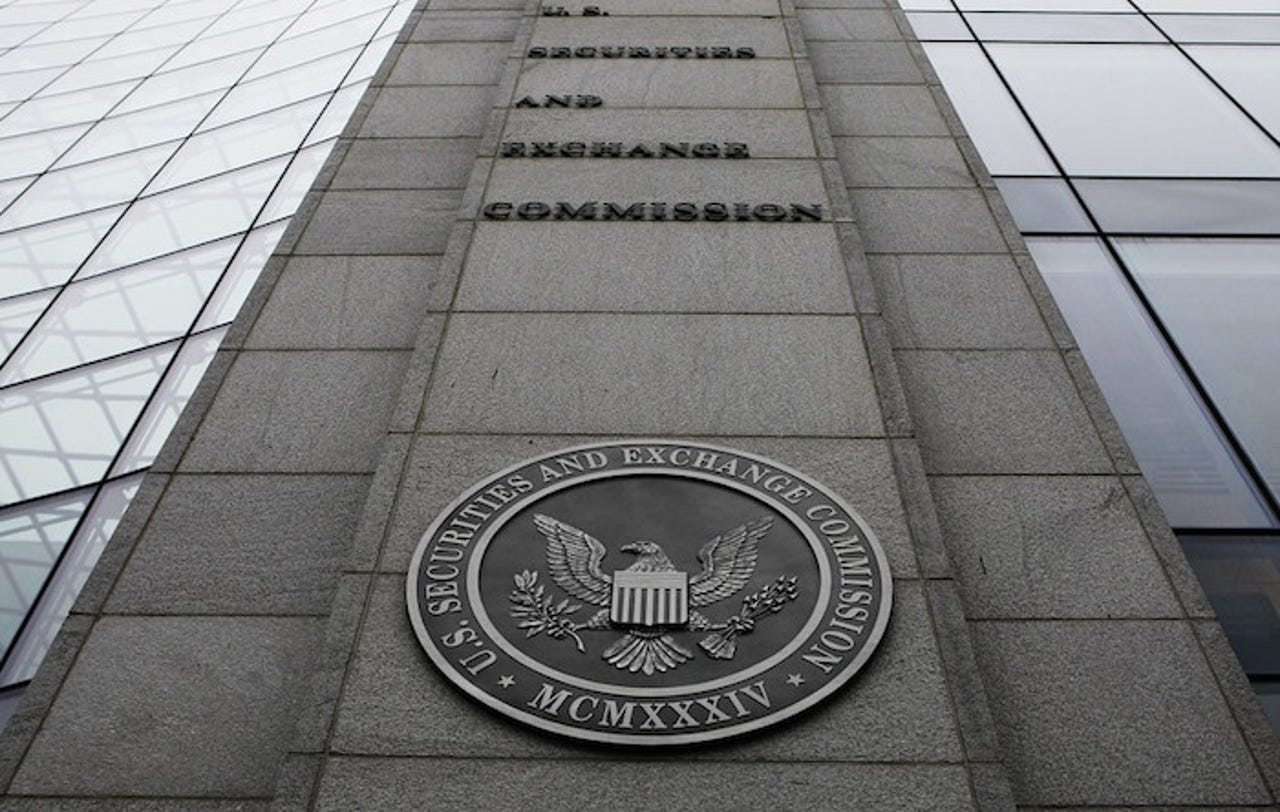Mark Cuban slams SEC for blocking email privacy reform effort


Billionaire entrepreneur Mark Cuban has criticized the Securities and Exchange Commission for holding up efforts to reform decades-old email privacy laws.
In a letter to members of Congress' judiciary committees, the startup investor accused the SEC of "bad public policy" by "continuing to lead the charge in objecting to legislation" that would reform existing legislation.
The Electronic Communications Privacy Act (ECPA), signed into law in 1986, currently allows federal agents in the majority of cases to read emails that are older than six months, without needing a warrant signed by a judge.
But the SEC's enforcement director Andrew Ceresney told the Senate judiciary committee in September that the agency's investigatory powers would be inhibited if a new draft law -- now in the committee stage -- goes ahead.
If ratified as it currently stands, the Email Privacy Act, which aims to reform the decades-old law, would force civil agencies -- like the SEC -- to obtain a warrant to access emails.
The bill, which has the support of more than two-thirds of the House of Representatives, was debated on Wednesday months after the bill was introduced into Congress earlier this year.
"While technology has undoubtedly outpaced the law in the last three decades, the purpose of the law remains steadfast," said Rep. Bob Goodlatte (R-VA, 6th), chairman of the House Judiciary Committee. in remarks, adding that he "supports" the core of the draft bill.
Apple, Google, and Yahoo have also put their weight behind the proposed law.
Cuban, who was cleared two years ago of insider trading charges brought by the SEC, said the commission's stance is "inconsistent with consumers' reasonable expectation of privacy" in the modern age, and called on the members of Congress to pass the Email Privacy Act.
The bill as it stands today would almost certainly pass if it headed to a House vote.
An SEC spokesperson declined to comment.